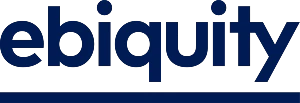Despite coronavirus continuing to pose challenges to both our way of life and the health of our industry, Ebiquity’s Debbie Morrison finds reasons to be cheerful about the future for adland.
Necessity has been said to be the mother of invention for at least the past 2,500 years. After periods and incidents of great toil, stress, and suffering, human societies have a remarkable capacity for reinvention.
The first world war ushered in the roaring twenties, the second the birth of the NHS and the swinging sixties. After the Great Fire of London in 1666 which destroyed two-thirds of the medieval City of London, Sir Christopher Wren masterminded the rebuilding programme. This included a grid system of streets, more than 50 churches, and his masterpiece, St Paul’s Cathedral. The Black Death in the mid 14th century was the deadliest pandemic in history, with the bubonic plague killing up to 200 million people, including almost half the population of the British Isles. Across Europe, this was followed by wide-ranging changes in society, economics, art, and religion, leading directly to the Renaissance, one of the greatest periods in history. In a torrential downpour, it is hard to remember that the sun will shine again.
As much of the world struggles to cope with the second wave of the coronavirus pandemic, we are very definitely in the eye of the storm. With long-established civil and commercial liberties shutting down and horizons shrinking for the second time in less than a year, the imperative just to cope and get by can make all thoughts of “What comes next?” seem like a luxury.
Yet because – like all tragedies, both man-made or natural disasters – this too shall pass, I firmly believe that now is exactly the right time to start speculating, building, and planning for the medium-term future. And because of the extreme and rapid ingenuity already demonstrated by the world of business in general – and advertising and marketing services in particular – I think we’ve got a pretty good idea already about some of the component parts of the post-Covid renaissance in our industry. I’ll consider five.
1. Digital transformation
Despite the fact that Google is approaching its mid-20s, before the pandemic the process of digital transformation for many companies wasn’t really in full swing. 2020 changed all that, accelerating the process irreversibly. Three months of lockdown fast-forwarded the uptake of e-commerce by four years, across the generations. For many who didn’t trust internet shopping before, it is now their default mode.
Consumer behaviour – forced online by national and local lockdowns – shows little sign of switching back. The ease, convenience, and safety that e-commerce offers shoppers has enduring appeal. As a result, with fewer people shopping and window shopping on the high street, investment in influencer marketing – in fashion and beauty, for instance – is increasing rapidly. Support for this small but growing social marketing discipline is rising, enabling brands to address consumers where and when they’re making purchasing decisions.
2. Blended working
The proportion of the population working from home skyrocketed from 5% to 50% overnight. Individually and collectively we’ve shown what it’s possible to achieve physically apart but digitally connected. The CFO’s sniffy suspicion that working from home means the opposite has been shown to be untrue – study after study shows home workers delivering more, more concentrated hours, not fewer. At Ebiquity, we captured industry best practice on how to run pitches from home in our virtual pitching guide.
The prospect of eradicating Covid-19 seems remote. So, when societies have found solutions that allow us to live with and alongside the virus – a combination of treatments, vaccines, social distancing, and consistent sanitary behaviour – very few office workers will return to a five-day week in the office.
The future will be blended, and that will have unintended – as yet unsolved – consequences on what happens to unused commercial property and the impact of fewer people working in offices has on city centres. This will also mean agencies and brands working to address the impact that the lack of face-to-face contact can have on energy, collaboration, and creativity. Leading from home is very different from leading a team in the office.
3. Broader talent pool
Agility and flexibility have been the watchwords of resilience and success this year, and they set the template for the future, too. Ebiquity and Isba have set up a Recovery & Growth Council, a forum for marketing leaders to meet – under the Chatham House rule – and discuss with their peers how they’re working through the pandemic. At a recent meeting, we discussed how the pandemic has enabled agencies and brands to work with a more broader talent pool – as one agency boss said, “beyond the M25”.
With Zoom and Teams meaning a colleague’s physical location is irrelevant, many have broadened their horizons across regions and continents to build teams based on talent not post code. The distributed network of diverse talent all across the world existed before all knowledge economy workers were forced to work from home. Our response to the pandemic has been to see beyond regional and national borders. Paradoxically, while we can’t be with colleagues in overseas offices today, we find it easier to start and develop relationships with them than ever before.
4. Quicker decision making
Another signature trait of working under Covid has been accelerated decision-making. Initially driven by the coping, in panic mode, in the early weeks of the first national lockdowns, many marketing organisations have dispensed with the matrixed organisation, flattening endless layers of box-ticking, and rapidly securing consensus and consolidated feedback. The success that has come from empowering teams and individuals at all levels to take and make their own decisions without referral has shown management the power and value of trust and genuine delegation. Neither the leaders entrusting decision-making to their teams nor the new decision-makers show any signs of giving up the new found freedom and authority.
5. Mental health: no longer an after-thought
With the office the focus of work and workplace support for so many generations, the sudden pivot to home working has ensured that agencies and brands no longer pay lip service to mental health and wellbeing. This has led to more frequent contact – shorter daily rather than rambling weekly check-ins – between both colleagues and their agency partners, in blended teams. Staying more closely connected and aligned has obvious and tangible business benefits. Even more importantly, it enables managers and colleagues to be and stay on high alert for signs of mental health issues, from overwork and burn-out to isolation.
Video conferencing has many advantages, but variable connections, the decision not to turn on video, the two-dimensional nature of a screen, and our inability to concentrate on several faces at once in a team meeting all mean that nuance and the real meaning of a sigh or an eye-roll can be missed. For leaders this means being more on receive than transmit mode.
Looking to the future
The Covid generation has lived through unprecedented times, and for once I’m not applying that care-worn word to the events of 2020. What is truly unprecedented is that since 1945, we’ve experienced an unmatched period of global peace, improving health and life expectancy, and burgeoning personal and national wealth. Yes, there have been a dozen recessions since World War II, but for coronavirus, the deepest recession in living memory is just one element of the maelstrom we’re all experiencing. For almost everyone alive and working today, we know about disasters from history and dystopian fiction, not lived experience. Covid-19 has changed all that.
So, despite the extreme uncertainty of the world today – when’s it going to end? when can we enjoy all those things we took for granted like foreign holidays and theatre and parties? – and despite the anxiety that all these unknown unknowns create, I can’t help but feel cautiously optimistic. As the actor Tom Hanks says every time he’s interviewed by the BBC’s flagship cinematic radio duo, Simon Mayo and Mark Kermode: “Everything will be alright in the end. If it isn’t alright, it isn’t the end.”
My cautious optimism doesn’t come from snatched news reports of promising vaccine rollouts or the apparent success in containing the virus, from Taiwan to New Zealand, hopeful though they sound. It comes from the ways in which my colleagues and friends and collaborators in the advertising industry have looked the extreme restrictions of lockdown in the eye and found a way to sustain – and in some cases grow – their businesses. And they’ve done this all in the wake of the biggest jolt to the system we will experience in generations. In the darkest hours, I find their ingenuity and resilience sustaining, and I urge you to do the same.
Hang in there, adland. We will overcome. Next year won’t be the same as last year. It’ll be different, and ultimately, better.
Viva la renaissance!
Featured in The Drum.

